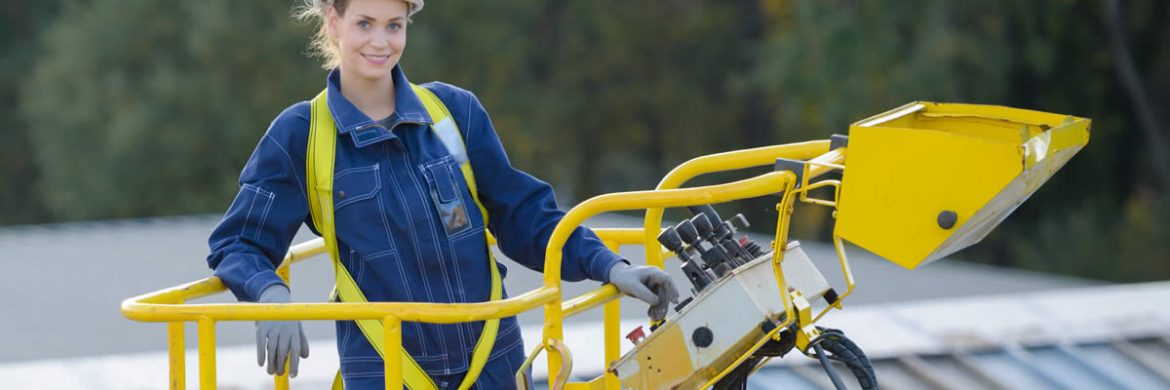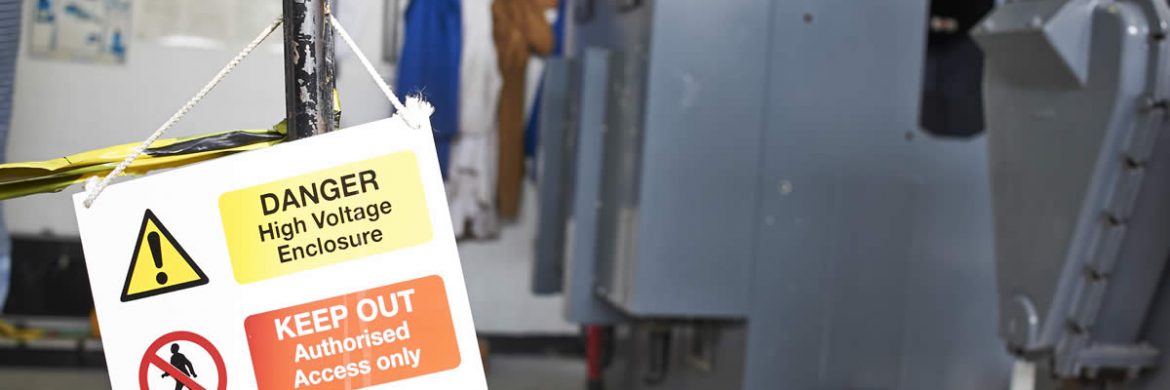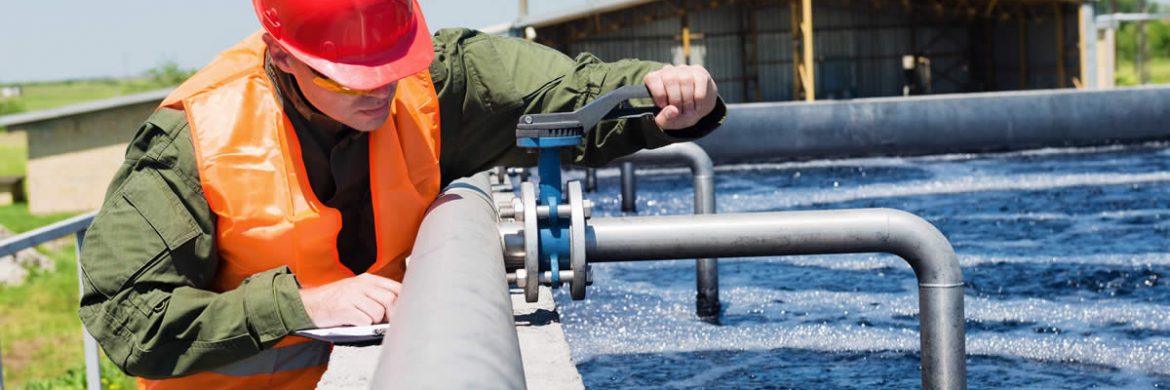SCO Module Changes
15 February 2021 News
The Safe Control of Operations (SCO) training programme is an initial training programme for individuals new to SCO and a renewal training programme for those individuals with existing and current SCO registrations whose registrations are nearing expiry.
EUSR have recently updated the SCO programme to a new modular scheme, and with this have changed the course codes and content.
SCO courses are now modular
There are 5 modules in total, and each module is delivered as a separate registered course. The candidate sits the required ones to achieve their Competent Person (CP) or CP/Authorising Engineer (AE) status. There are also two renewal courses available.
SCO Modules Explained
All learners must sit Module 1: Core. Following this learners will also need to sit Module 5: ‘Form of Authority’ if they require registration as a CP or AE to issue/receive Form of Authority for access to operational sites to carry out non-hazardous work.
If individuals need to apply for registration to give or receive permits to work and/or forms and authority as per the previous SCO 1 & 2 registration then they must sit Modules 1, 2 and 5 – AE’s will sit a different assessment to CP’s for Module 2 but can still attend the same course.
For any CP or AE candidates wishing to be registered to authorise or prepare and/or receive Routine Operational permitry, they must complete Modules 1, 2, and 4.
For any CP or AE candidates wishing to be registered to authorise or prepare and/or receive Routine Operational permitry and Non-Routine Operational permitry they must complete Modules 1, 2, 3 and 4.
Individuals will also need Module 5 Forms of Authority if they are going to need to issue as an AE or receive this permitry as a CP.
Converting current SCO registrations to the new SCO Scheme
Holding an in-date SCO 1 and 2 means an individual is eligible for:
- SCO Renewal Module 1: SCO Core, Module 2: PtW and Module 5: FoA.
Holding an in-date SCO 4 means an individual is eligible for:
- SCO Renewal Module 3: NRO.
Holding an in-date SCO 5 means an individual is eligible for:
- SCO Renewal Module 4: RO.
N.B. where the existing registration is not in date, or if the individual wants to add an endorsement, then they will have to take the initial programme, not a renewal.
Eligibility for SCO Renewal Modules 3 and 4 assumes an individual is holding an in-date SCO 1 and 2 as well as SCO 4/5.
The following table explains the changes:
| Course | Old Code | New Code |
|---|---|---|
| SCO Module 1: Core and Module 2: Permit to Work (PtW) | SCO 1&2 | SCO1&2 |
| SCO Module 3: Non-Routine Operation (NRO) | SCO 4 Non Routine | SCO3 |
| SCO Module 4: Routine Operation (RO) | SCO5 Routine | SCO4 |
| SCO Module 1: Core and Module 5: Form of Authority (FoA) | N/A | SCO5 |
| SCO Modules: 1, 2 and/or 5 Renewal | N/A | SCO1&2-R |




















